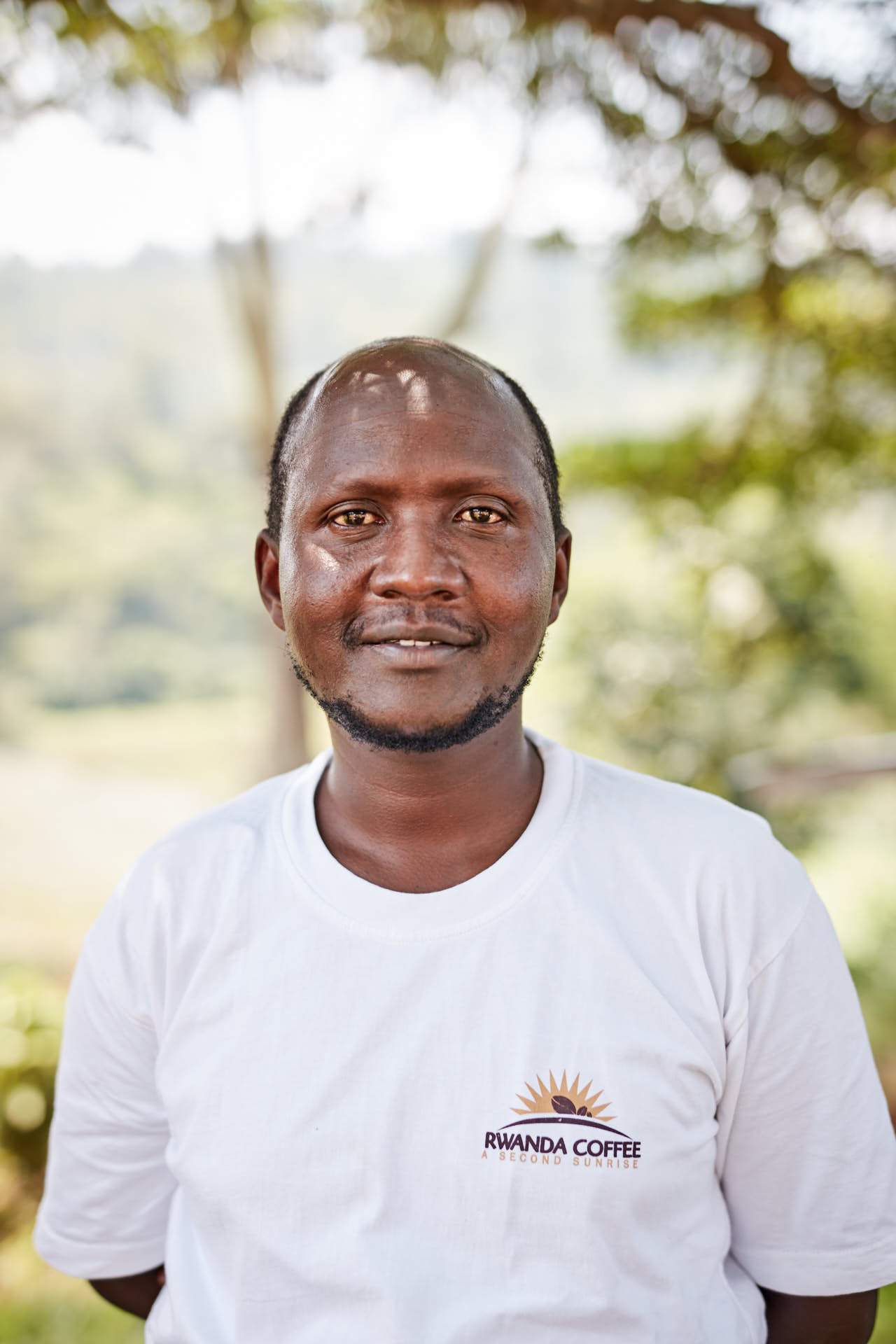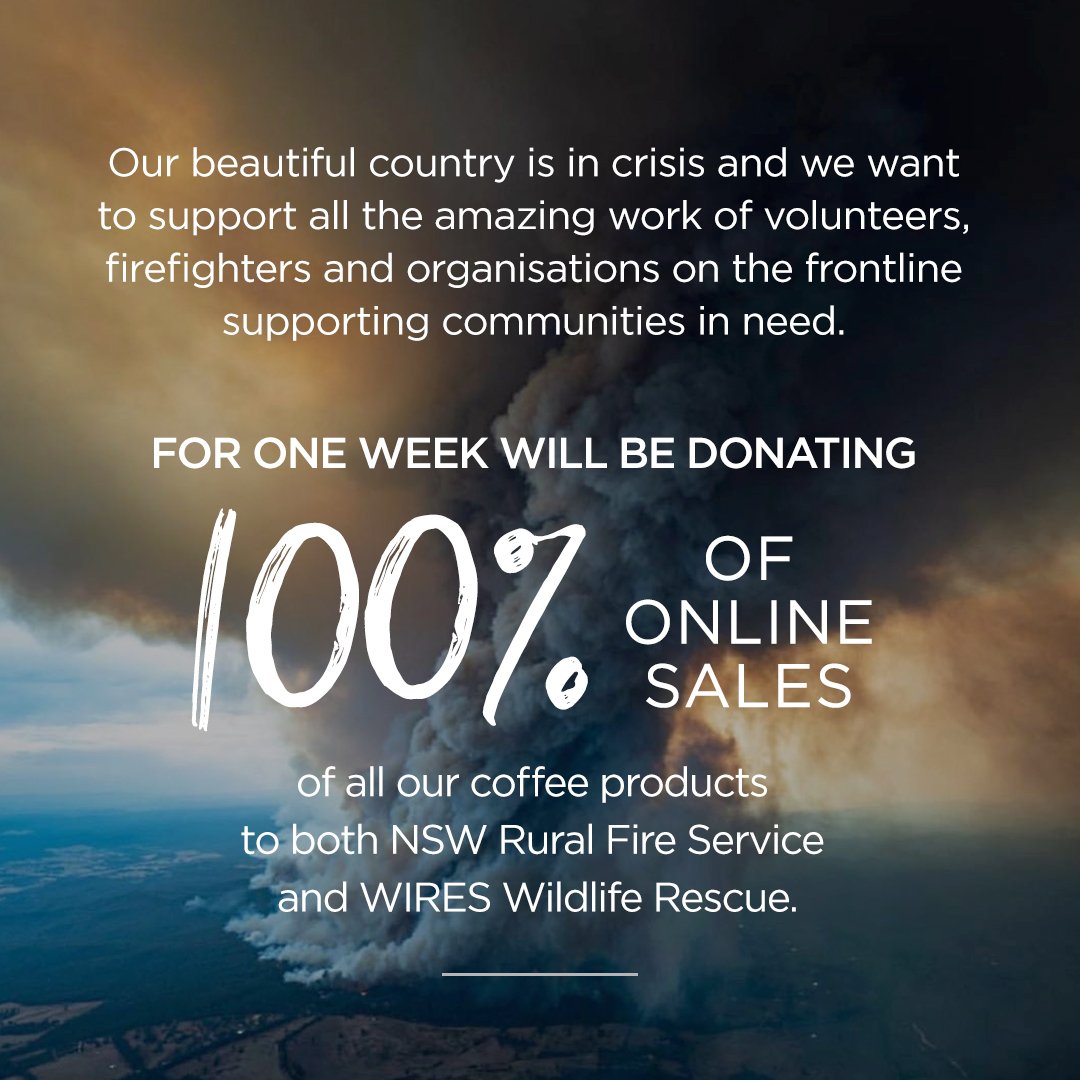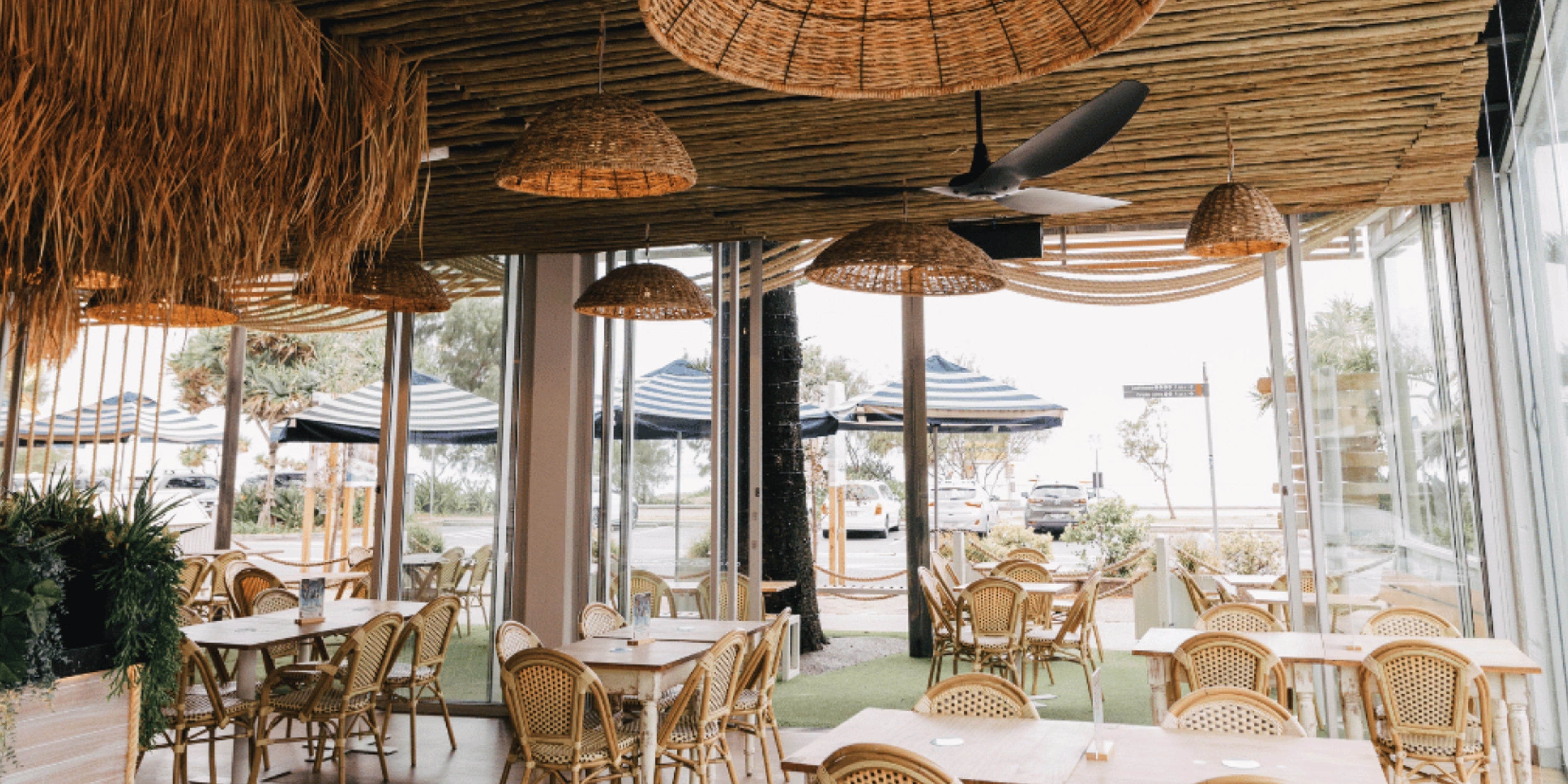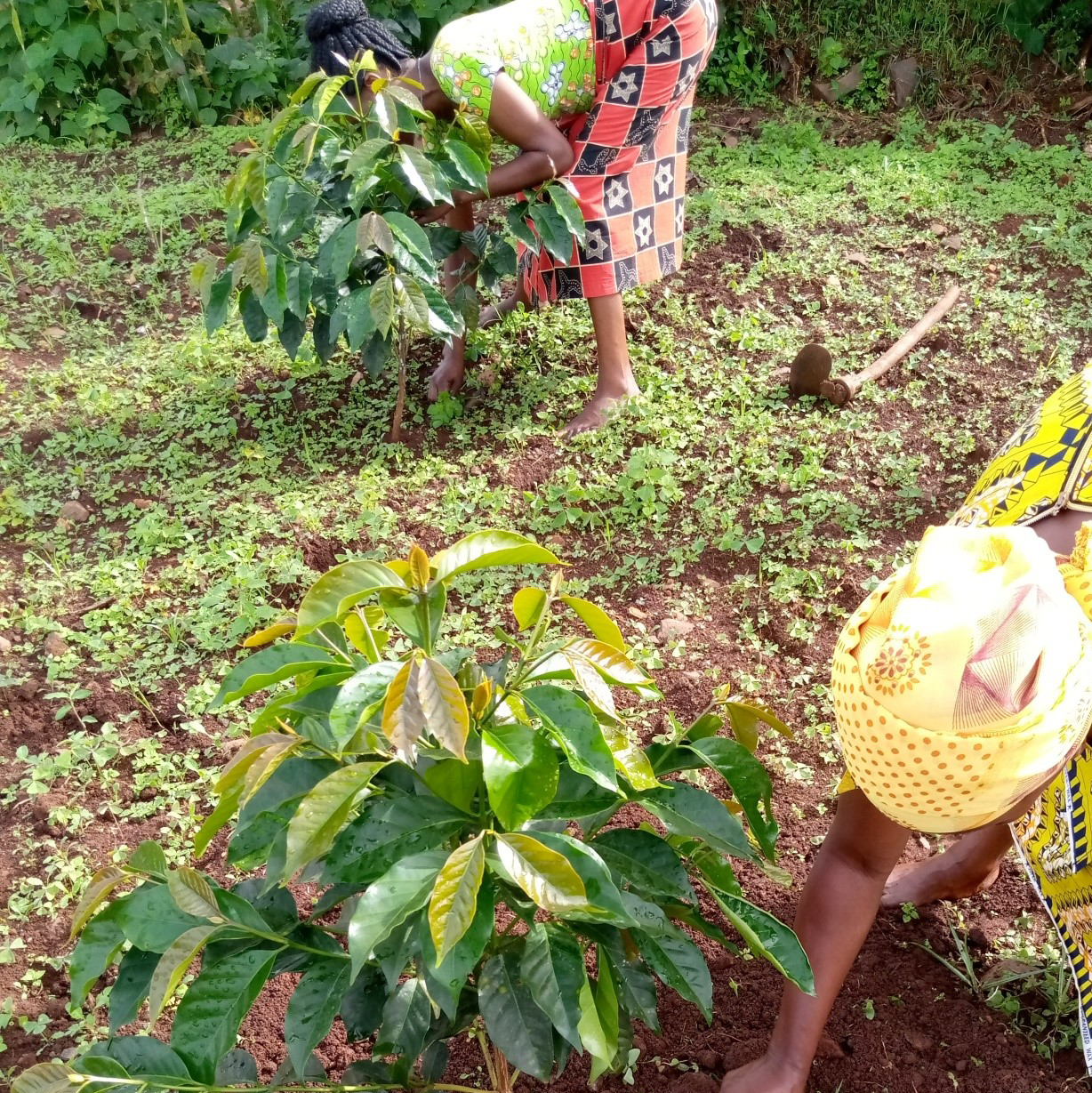Meet Jean Claude Bamporiki, Agronomist and Certification Manager for Cocagi

- How long has the cooperative been UTZ certified?
UTZ since 2019; RA since 2017
- Are you part of any other programs?
UTZ, Rainforest Alliance and Fairtrade. Working on achieving Organic Certification by 2020
- Why become UTZ certified?
Mainly because it would help us to get better access to markets, we want to sustain our coffee for the future. The certification program helps farmers to be trained in different topics, such as Good Agricultural Practices, coffee processing at the washing station, how to take care of the environment, working conditions, safety measures; and all kinds of management in general from the coffee plants to the coffee washing station.
- What changes have you experienced from being UTZ Certified?
We’ve experienced big changes! Now the farmers know how to treat their coffee plots in the right way. And they help their neighbours who’re not certified with being sustainable. We have learned how to harvest at the optimal time, to pick the right cherries, which improves the quality of the coffee. With this increased income we can send our children to school. We know how to manage waste and use manure to secure the house and the plot as well as for better soil management. We collect water and do not waste water
For me the most important experience is that I am now better able to understand the environment, to manage the farm, to manage the institutions we have to deal with and to comply with the certification standards. Because all the certification standards have key elements that are the same, we are learning to comply with them and successfully implement them.
I’m also applying what I learned in university in practice. I studied Agronomy at the Institut Supérieur Technique, Commercial Et Economique (ISTCE) in Bukavu, Democratic Republic of Congo. Now I study Journalism online. I want to do more in the field of Advocacy. I want to do more for the people of Rwanda, I want to bring the problems our people face in our country to light and find solutions for them. For example, with many questions or problems people don’t know where to go – if the local government does something bad they don’t know who can help them. I want to help my people focus on agriculture to live well, improve their livelihoods.
- What achievement are you most proud of and what is the next improvement you would like to achieve on your farm?
We have better access to market. We have increased our knowledge than before we started with UTZ and Rainforest Alliance certification. We definitely see an increase in production!
I have also learned how to better manage the certification programs, because this was the first time for our cooperative and for me to manage UTZ and RA. There still are some challenges so I want to be better prepared to manage these. And I want all our farmers to join, because currently only 843 out of 1114 farmers are certified.
Regarding challenges: there are some Critical Criteria within the standard that some auditors don’t interpret the way I interpret them, which creates misunderstandings. For example, this year we needed to have a first aid kit and the Control Point (CP) indicates it should be at a central collection point, whereas the auditor thinks we have to buy a kit for every coffee production zone. We have now agreed that we don’t have to buy a first aid kit for every production zone.
Another challenge is that our farmers are old, the average age is 45 and youth doesn’t want to be involved with coffee farming. Therefore, we founded COCAGI Youth: we have trained and sensitized them. We have done a lot of awareness raising for coffee farming and we have trained them in other skills related to coffee, such as cupping, barista skills, and roasting. Three of our COCAGI Youth members are now working for different companies.
- Do you notice you have better access to markets?
We really noticed better access to markets. Last year we sold one Rainforest Alliance certified container and we already have one buyer asking for two containers of UTZ.
- How has your doing business changed after becoming part of the UTZ program?
It has helped us how we manage and trace our coffee. We know the traceability system, which helps us to access the markets. Because we have some buyers who are looking for specific qualities, for example some want to buy above 86 points and some want below that, so now we have learned these traceability techniques to classify and trace the coffee, which helps us to get in touch with relevant and interested buyers who want UTZ or RAC coffee of a certain quality.
Our farmers know how to harvest better and farmers at the coffee washing station have improved their processing techniques to avoid contamination and maintain quality. We are more aware of the importance of quality to buyers!
- What do you do with the UTZ premium? Do you invest in your business?
We use the premium as the second payment to the farmers when their coffee is sold; they receive a first payment when they bring their coffee to the washing station (microcredit). Also, we have set up the Girinka program with the premium: we buy cows for families which they can use for milk and manure production. Furthermore, we have been able to use the premium to pay health insurance to our members and set up education funds. Education up until secondary is free in Rwanda, however students still need to pay the lunch fees. So, the Education Fund helps our farmers to purchase school materials such as books and uniforms. For students with exceptionally high marks we help to send them to the School of Excellence in Kigali.
The premium also supports Cocagi Femme. It’s an initiative by and for our women, where we put an amount of money for credit and saving. They also use it for small projects such as live stocking of pigs.
COCAGI Femme: 5 women initiated COCAGI Femme and we now have 292 women in the group. They buy their own land for them and with the new projects their financial status will improve. They have been able to send their children to university, of which some have already finished. The chairwoman Annemarie has two children who finished and two more have just stared university. The men are happy with this program and encourage the women to continue with this. They advise if necessary and follow their progress.
- What are your plans for the future?
We want to see the incomes of our farmers increasing. We want to continue UTZ and Rainforest Alliance training to improve our farming practices. We also hope to get more projects like St Remio and we’re always looking for more buyers! We would like to continue strengthen our partnership with UTZ and Rainforest Alliance and we want to build strong relationships with other partners for the future!



